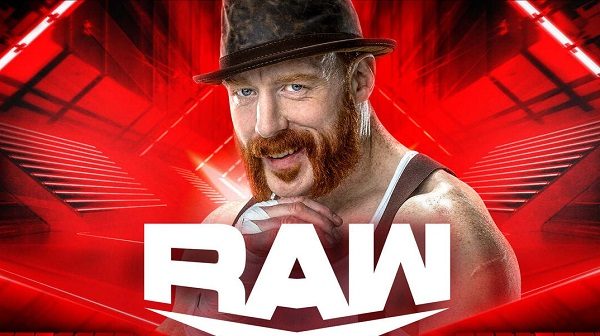56. A normal human being has __________ senses.
(A) 4
(B) 5
(C) 6
(D) 7
(A) 4
(B) 5
(C) 6
(D) 7
57. Which from the following is NOT among the five senses?
(A) vision
(B) touch
(C) smell
(D) thought
(A) vision
(B) touch
(C) smell
(D) thought
58. The application of ideas, knowledge and skills to achieve the desired results is called
(A) problem solving
(B) critical thinking
(C) reasoned arguments
(D) deductive method
(A) problem solving
(B) critical thinking
(C) reasoned arguments
(D) deductive method
59. According to Socrates of Meno, virtue is
(A) teachable
(B) unteachable
(C) reachable
(D) unreachable
(A) teachable
(B) unteachable
(C) reachable
(D) unreachable
60. The curriculum of educational institutes should be based on
(A) theory
(B) practice
(C) theory and practice
(D) theory, practice and research
(A) theory
(B) practice
(C) theory and practice
(D) theory, practice and research







